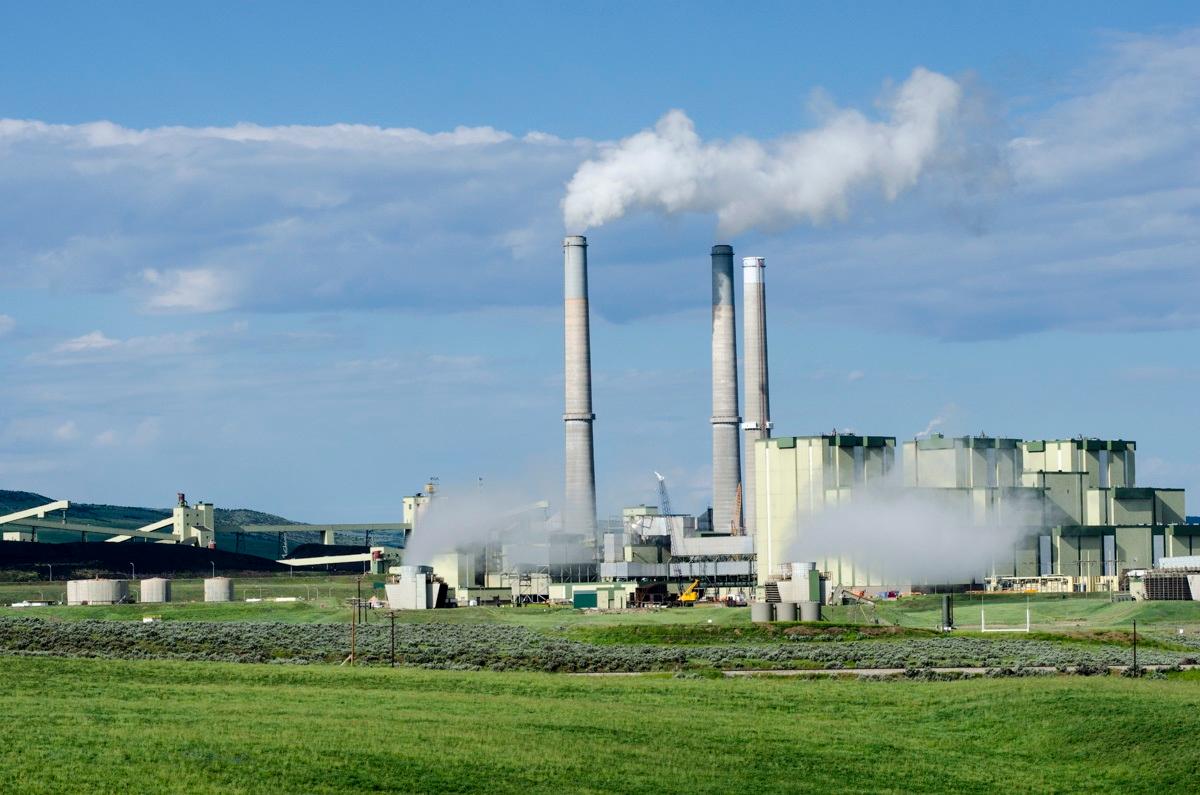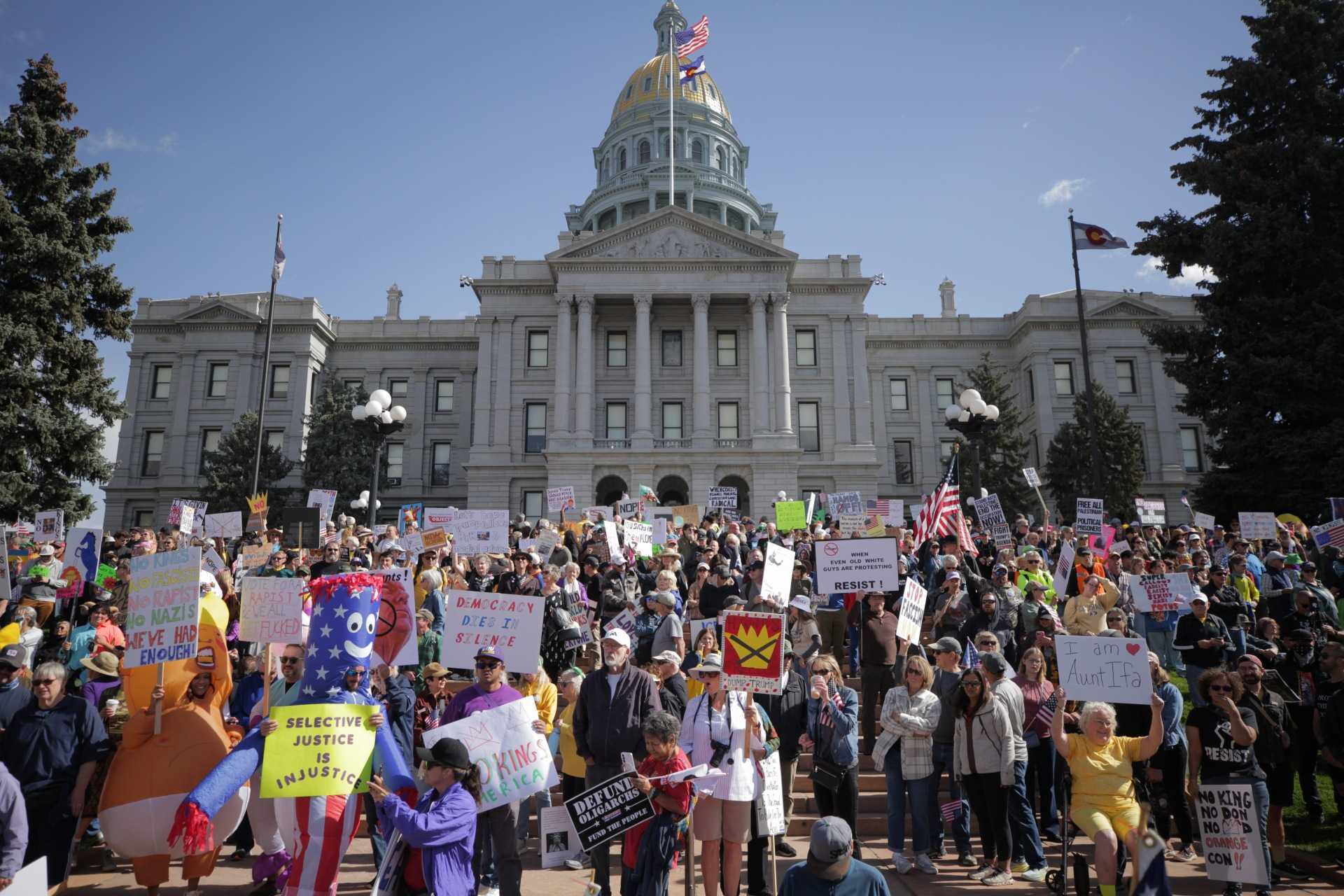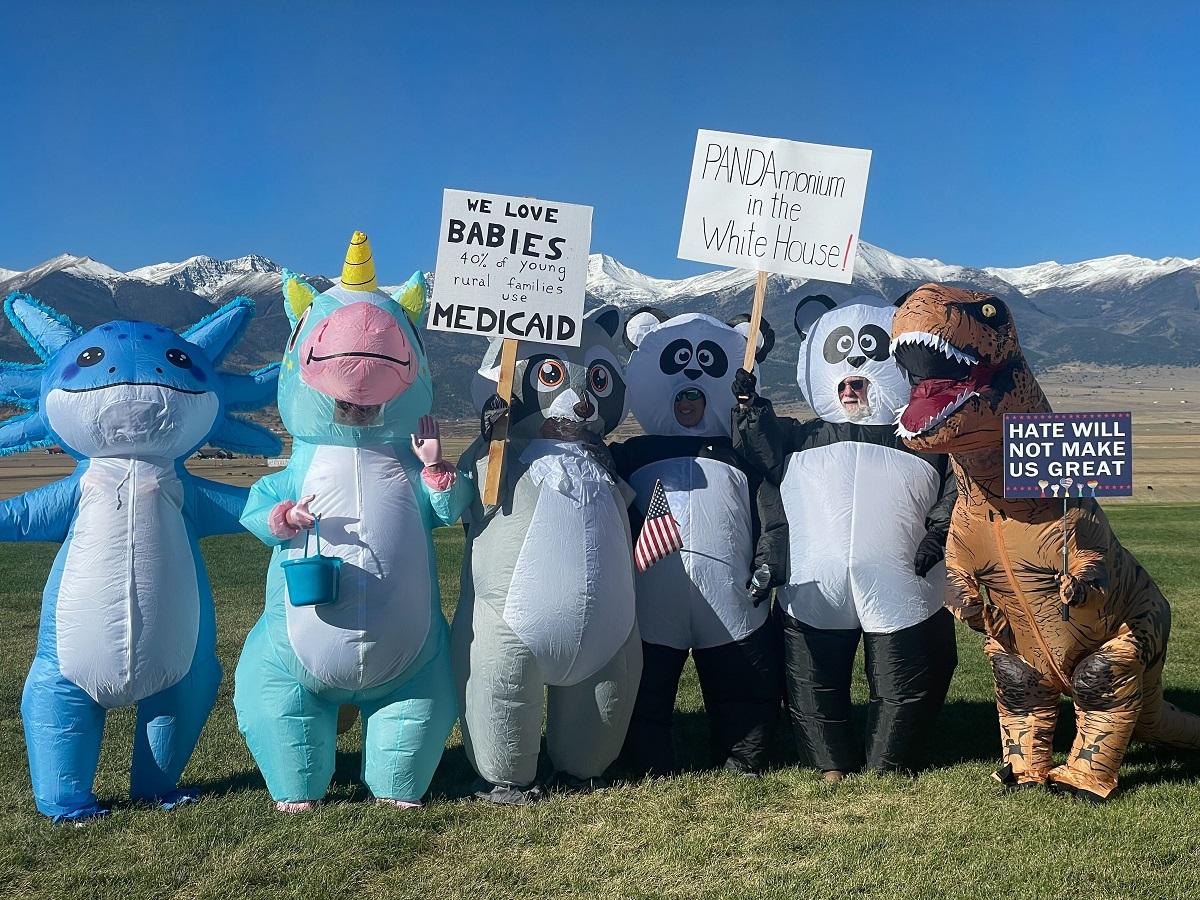
Tri-State Generation and Transmission Association announced plans to develop an “aggressive” energy plan to incorporate more wind and solar. The power provider currently relies on renewable energy for 30 percent of its power supply.
Tri-State also announced it plans to retire the Nucla coal-fired power plant in southwest Colorado two years early. The plant will close by the end of 2020. The retirement was originally scheduled for 2022 as required by a regional Colorado air quality improvement plan. Tri-State also suggested it could change a 5 percent limit on local renewable energy generation by member cooperatives, a big bone of contention in the past.
Tri-State hopes its renewable energy plan will lower electricity bills for 1.3 million customers, while cleaning up power delivered across rural parts Nebraska, Wyoming, Colorado and New Mexico.
“We’ll be looking for how these efforts could be done in a way that lowers costs,” said Lee Boughey, senior manager of communications and public affairs at Tri-State. “So the transformation really is in having a cleaner portfolio, more opportunities locally for renewable energy, and the goal over the course of this work to reduce rates.”
Boughey stopped short of saying whether Tri-State would commit to a 100 percent carbon-free goal similar to Xcel Energy. The details of the plan will be hammered out over the next six months, and will likely include more solar, wind and hydropower. Tri-State has established a relationship with Colorado State University’s Center for a New Energy Economy led by former Gov. Bill Ritter, which will help facilitate the process.
Tri-State has sailed troubled waters over the past two years.
In 2018, Delta Montrose started the process of exiting its multi-year contract with Tri-State, following disagreements about rising rates and low renewable energy penetration. Recently it reached an agreement on the terms of breaking free.
In 2019 both Colorado and New Mexico announced plans to severely curtail greenhouse gas emissions in the coming decades. Tri-State members like United Power and La Plata Electric Association have also pushed the power provider to change its limits on local renewable energy generation, currently capped at 5 percent. At the same time, Tri-State announced plans to have the federal government regulate rates, as opposed to individual states.
La Plata Electric Association applauded Tri-State’s plan to focus on growing its renewable energy base.
“I don’t think [the announcement] is lip service,” said Ron Meier, manager of engineering and member relations with La Plata Electric Association. “What I think we’re seeing happening — and has always happened — is that Tri-State is listening to their membership, much like La Plata Electric Association is listening to our membership.”
Boughey said Tri-State expects to have a detailed energy plan by the end of the year.








